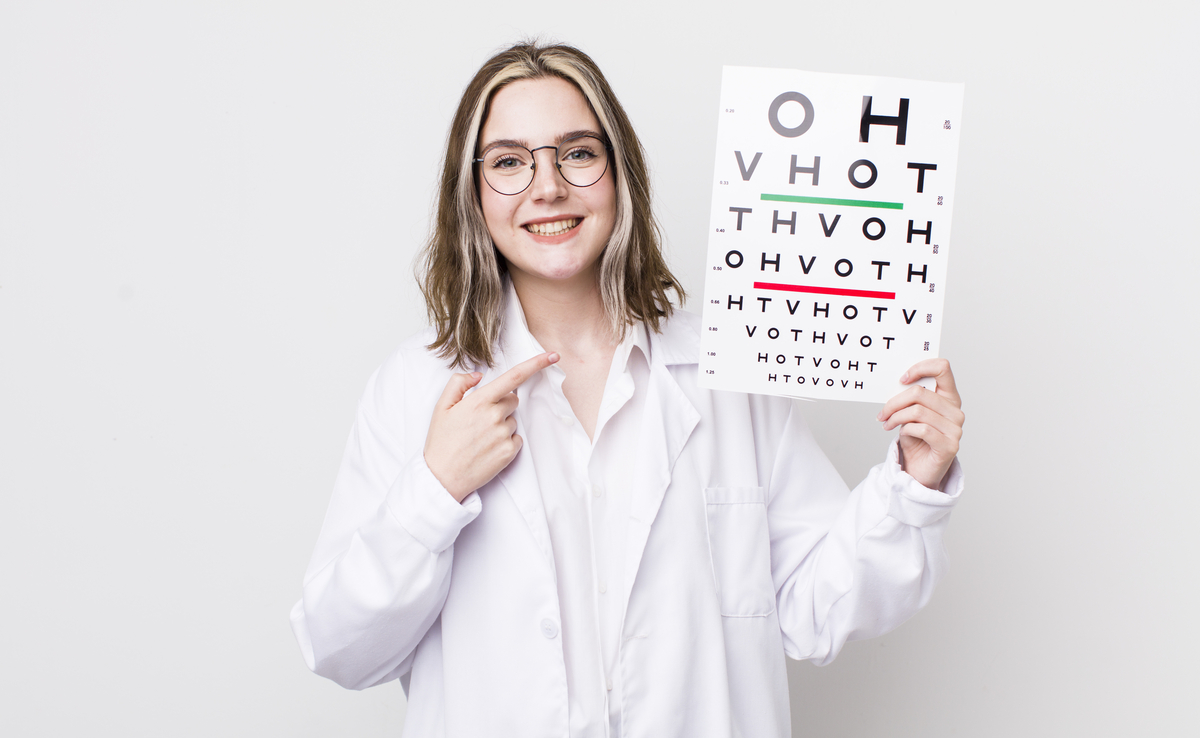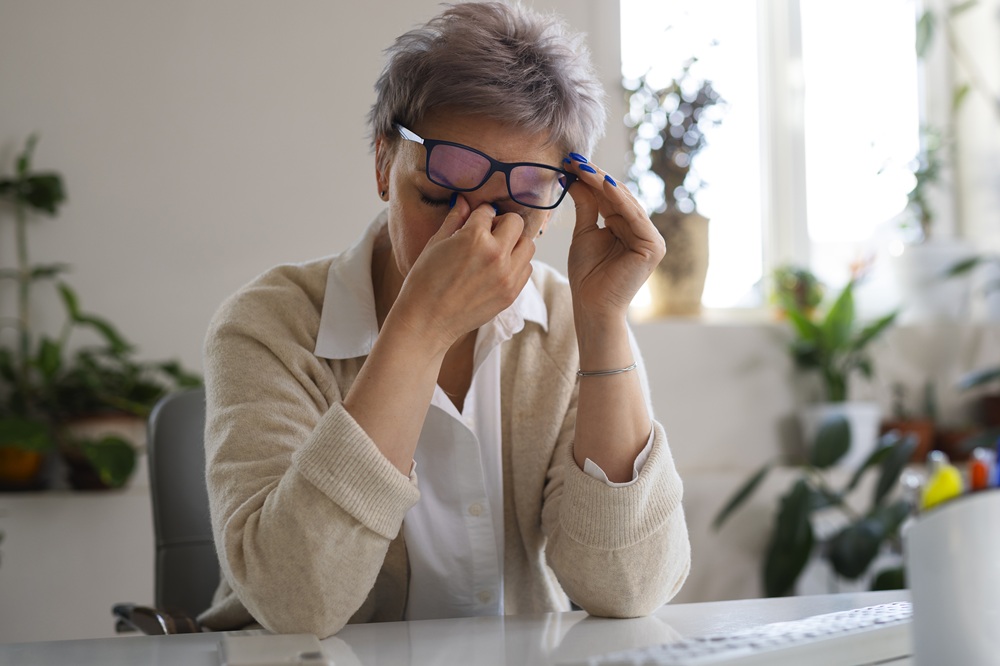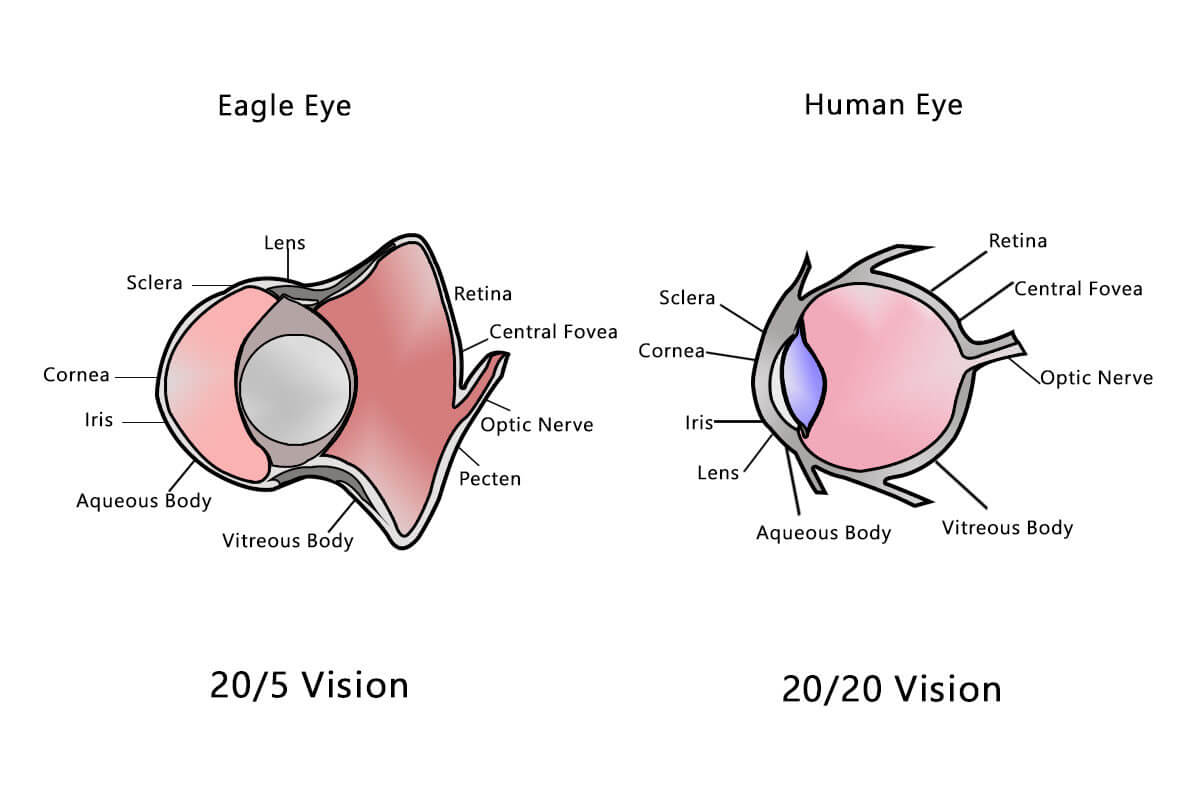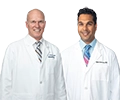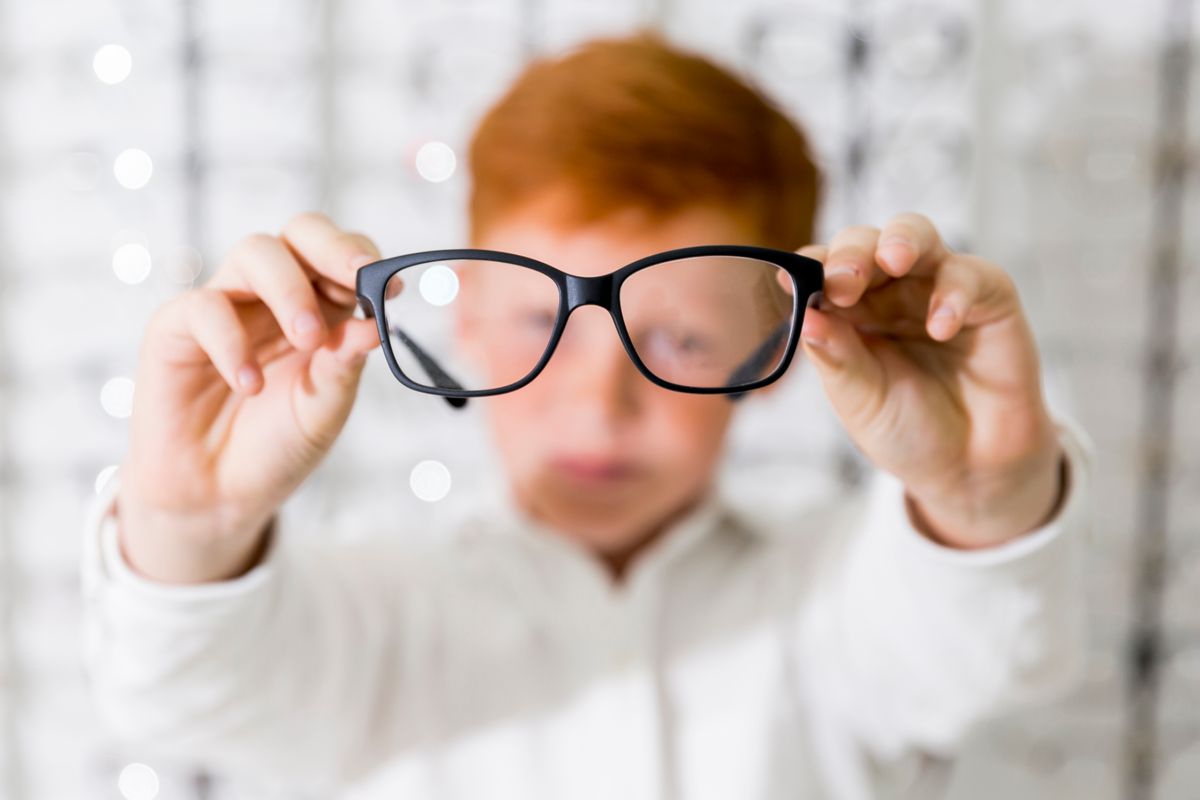
Sudden Blurry Vision: Causes and Cures
Blurred vision can be a result of numerous health conditions. It may be temporary or permanent, with the condition worsening over time. Some people can have blurry vision from birth due to a congenital disability, while others develop one over time. Long-term medical issues are typically to blame for the blurred vision that gradually gets worse. Most frequently, a single event is what causes sudden blurry vision.
Blurry vision can be corrected through LASIK eye surgery, or sometimes naturally, based on how common or serious the problem is, which generally depends on the causes. In this article, we will discuss both the causes for blurry vision & sudden blurry vision, along with the natural and medical cures available. Continue reading Sudden Blurry Vision: Causes and Cures

Dr. Azhar I. Salahuddin is an ophthalmologist and is fellowship-trained in cornea, external diseases, and refractive surgery. Dr. Salahuddin has been performing cataract surgery for over 19 years and specializes ocular reconstruction, corneal transplantation surgery as well as vision correction through a variety of intraocular lenses. Dr. Salahuddin is board-certified by the American Board of Ophthalmology and was trained at Boston University.

